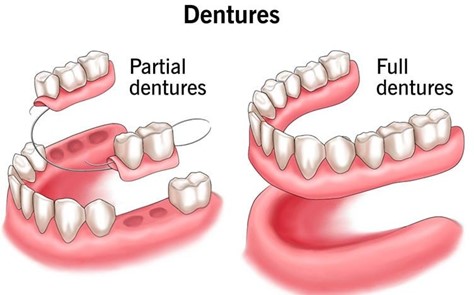A medical-surgical unit has implemented a policy change. The nurse manager has noticed that one of the nurses, who has a history of being resistant to change, is not delivering care according to the new policy. Which of the following actions should the nurse manager take?
Encourage the nurse to verbalize the reasons for resistance to the change.
Ignore the resistance and allow peer pressure to facilitate a change in the nurse's behavior.
Explain the importance and rationale of implementing the new policy to the nurse.
Indicate that there will be disciplinary consequences if the nurse does not implement the new policy.
The Correct Answer is A
If a nurse manager notices that a nurse who has a history of being resistant to change is not delivering care according to a new policy, the appropriate action for the nurse manager to take is to encourage the nurse to verbalize the reasons for their resistance to the change. This will allow the nurse manager to understand the nurse's concerns and work with them to address any issues and facilitate their acceptance of the new policy.
Option B is incorrect because ignoring the resistance and allowing peer pressure to facilitate a change in the nurse's behavior is not an effective or respectful way to address the issue.
Option C is incorrect because explaining the importance and rationale of implementing the new policy to the nurse may be necessary, but it should not be the first action taken.
Option D is incorrect because indicating that there will be disciplinary consequences if the nurse does not implement the new policy may be necessary, but it should not be the first action taken.
Nursing Test Bank
Naxlex Comprehensive Predictor Exams
Related Questions
Correct Answer is B
Explanation
Nonmaleficence is the ethical principle of doing no harm. It requires healthcare providers to avoid causing harm to their patients and to take steps to prevent harm from occurring.
The other options are also important ethical principles in healthcare, but they do not specifically refer to doing no harm. Justice [a] refers to the fair distribution of benefits and burdens in society. Beneficence [c] refers to the obligation to do good and promote the well-being of others. Veracity [d] refers to the obligation, to tell the truth and not deceive others.

Correct Answer is C
Explanation
An incident report should be filed whenever an unexpected event occurs. The rule of thumb is that any time a patient makes a complaint, a medication error occurs, a medical device malfunctions, or anyone— patient, staff member, or visitor—is injured or involved in a situation with the potential for injury, an incident report is required ⁴. In this case, the client's missing dentures would be considered a complaint and would require the nurse to complete an incident report.
The other options do not require an incident report. Disagreeing with the nurse manager about inadequate staffing [a], a staff member not arriving at the facility to work an assigned shift [b], and discovering that the client does not have advanced directives [d] are not situations that would require an incident report according to the information provided in my sources.

Whether you are a student looking to ace your exams or a practicing nurse seeking to enhance your expertise , our nursing education contents will empower you with the confidence and competence to make a difference in the lives of patients and become a respected leader in the healthcare field.
Visit Naxlex, invest in your future and unlock endless possibilities with our unparalleled nursing education contents today
Report Wrong Answer on the Current Question
Do you disagree with the answer? If yes, what is your expected answer? Explain.
Kindly be descriptive with the issue you are facing.
